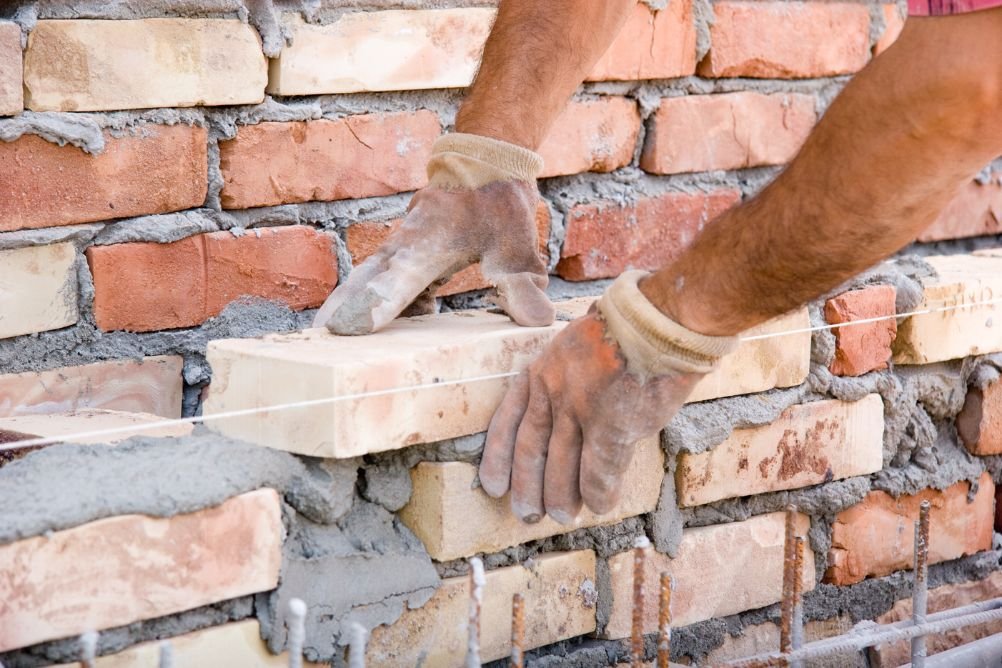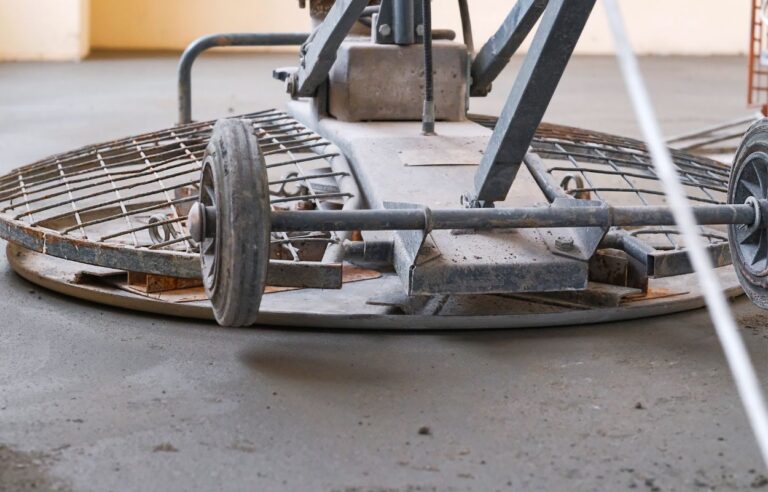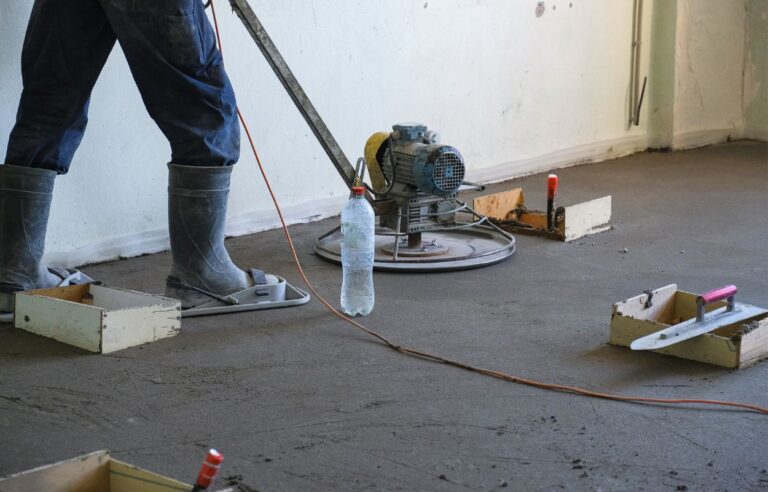
Recycling has been gaining traction as a sustainable and eco-friendly practice in recent years. The construction industry, in particular, has seen a surge in the adoption of recycling practices, particularly for concrete and masonry materials. The environmental benefits of recycling these materials are significant, and they are being recognized globally as an effective way to reduce carbon emissions and conserve natural resources. In this blog post, we will delve deeper into the environmental benefits of recycling concrete and masonry materials, exploring the positive impact it has on reducing carbon emissions, conserving resources, and mitigating the impact of waste on the environment.
RECYCLING CONCRETE AND MASONRY CAN REDUCE CARBON EMISSIONS
Recycling concrete and masonry materials helps to reduce carbon emissions, which is one of the primary reasons why recycling is gaining momentum. When concrete and masonry materials are recycled, the carbon emissions associated with producing new materials are significantly reduced. The manufacturing process for concrete and masonry materials is energy-intensive and requires large amounts of natural resources. By recycling these materials, the energy required to manufacture new materials is reduced, which leads to a reduction in carbon emissions. Additionally, the transportation of new materials to construction sites also generates carbon emissions, which can be avoided by using recycled materials.
RECYCLING CONCRETE AND MASONRY CAN HELP CONSERVE NATURAL RESOURCES
Recycling concrete and masonry materials is also an effective way to conserve natural resources. The mining and extraction of natural resources such as sand, gravel, and limestone are required to manufacture new concrete and masonry materials. These resources are finite and non-renewable, and their extraction can have a significant impact on the environment. By recycling concrete and masonry materials, the demand for new natural resources is reduced, which helps to conserve these resources for future generations.
RECYCLING CONCRETE AND MASONRY CAN HELP REDUCE THE IMPACT OF WASTE
Concrete and masonry waste is a significant contributor to landfill sites, which can have a negative impact on the environment. When these materials are disposed of in landfills, they take up valuable space and can release harmful chemicals into the environment as they decompose. By recycling these materials, the amount of waste sent to landfills is reduced, which helps to mitigate the impact of waste on the environment. Additionally, recycled concrete and masonry materials can be used in a range of construction applications, which reduces the need for new materials and helps to conserve natural resources.
Recycling concrete and masonry materials is an effective way to reduce carbon emissions, conserve natural resources, and mitigate the impact of waste on the environment. The construction industry has a significant role to play in promoting sustainable and eco-friendly practices, and the adoption of recycling practices is a positive step in the right direction. As we continue to recognize the importance of sustainability, it is essential that we continue to promote and support the use of recycled materials in construction projects. By doing so, we can reduce our impact on the environment and create a more sustainable future for generations to come.





